
On August 31, 2016, Korea’s largest shipping company and the seventh-largest shipping line in the world, Hanjin Shipping, filed a rehabilitation (bankruptcy) action in Korea. That filing reverberated around the globe.
Indeed, the news caused many to fear that Hanjin would be unable to pay its bills. At the time of the filing, Hanjin had 97 container ships in ports and at sea. Most of them were loaded with cargo and Hanjin faced the risk of arrests of its ships that were in ports or approaching ports to secure payment of debts. Some ports refused to allow entry to Hanjin ships out of concern that it would be unable to pay port fees and other expenses. Cargo unloading was refused for similar reasons. Many customers refused to allow their cargo to be loaded on to Hanjin ships and sought alternative means of transport for their cargoes.
The Korean bankruptcy court entered an order protecting Hanjin by staying all collection actions against Hanjin and its ships. After filing its primary rehabilitation action in Korea, Hanjin filed ancillary actions in other countries, seeking enforcement of the automatic stay and preventing seizures and other collection actions in those countries. This was to enable its ships safely to enter ports and unload their cargo, and to allow Hanjin to continue business as it attempted to reorganise. Generally these courts outside of Korea have been very measured in their exercise of jurisdiction, limiting their decisions to enforcing the automatic stay, but deferring to the Korean bankruptcy court to deal with most other issues relative to Hanjin and its creditors.
The state-run Korea Development Bank, which is the largest creditor of Hanjin, had offered to infuse cash of W50 billion (US$45m) into Hanjin to enable it to pay for cargo offloading. Hanjin’s largest shareholder, Korean Air Lines and Hanjin’s chairman, Cho Yang-Ho, collectively offered an additional W100 billion for the same purpose. The influx of cash enabled Hanjin to pay port fees and offload cargo from many of its ships. But it declined or was unable to accept the return of many empty containers, which have remained in place incurring enormous storage charges that have little hope of ever being paid. Moreover, with automatic stays in place, there has been uncertainty concerning the ability to assert storage liens or to exercise lien rights to sell the empty containers. This uncertainty extended to which court had or should exercise jurisdiction and address these types of issues where there could be overlapping interests. Such uncertainty continues.
How did Hanjin come to be in this predicament? As with many shipping companies, surplus shipping capacity and declining freight rates significantly reduced Hanjin’s revenue. The company had been experiencing significant cash flow problems and had been negotiating with its lenders for additional funds to maintain liquidity as it tried internally to reorganise its business. At the time of filing, Hanjin’s debt was reported to be approximately W500 billion and it had cash and other assets worth a reported W200 billion. Its lenders refused to provide further cash, forcing the company to seek the protection of the bankruptcy court.
Since filing its rehabilitation action, there has been considerable speculation about Hanjin’s future, including its ability to reorganise and remain in business. Recent events point more squarely toward liquidation. Hanjin has sold off its main Trans-Pacific shipping routes as well as a number of its subsidiaries and terminals. Auditors hired by the court to evaluate Hanjin’s assets and liabilities have concluded that its liquidation value exceeds its value as a going concern.
If Hanjin is unable to reorganise, then its rehabilitation action will convert to a liquidation action and the company will be forced to sell off its remaining assets and cease operating. More information on Hanjin’s future is expected to be revealed at the first meeting of interested parties, which was recently postponed to March 31, 2017. The submission of its reorganisation plan is now due on February 3, 2017. But it is possible that no plans will be submitted given Hanjin’s sell-off of major assets and its current financial situation.
If Hanjin does proceed to a liquidation then creditors will likely need to refile their claims. While the volume of claims is already reported to greatly exceed Hanjin’s assets, it is possible that many creditors will choose to not proceed with filing claims in the liquidation action. If that happens the payout to those creditors that remain in the process could be improved. Nonetheless, it appears highly unlikely that unsecured creditors will see more than a very small percentage payment of the claims that they submit in any liquidation action.
______________

Poongsan Bldg. 23 Chungjeongro, Seodaemun-gu, Seoul 03737, Korea
Tel: 82 2 2262 6288 / Fax: 82 2 2279 5020
E: kgerstner@leeinternational.com W: www.leeinternational.com



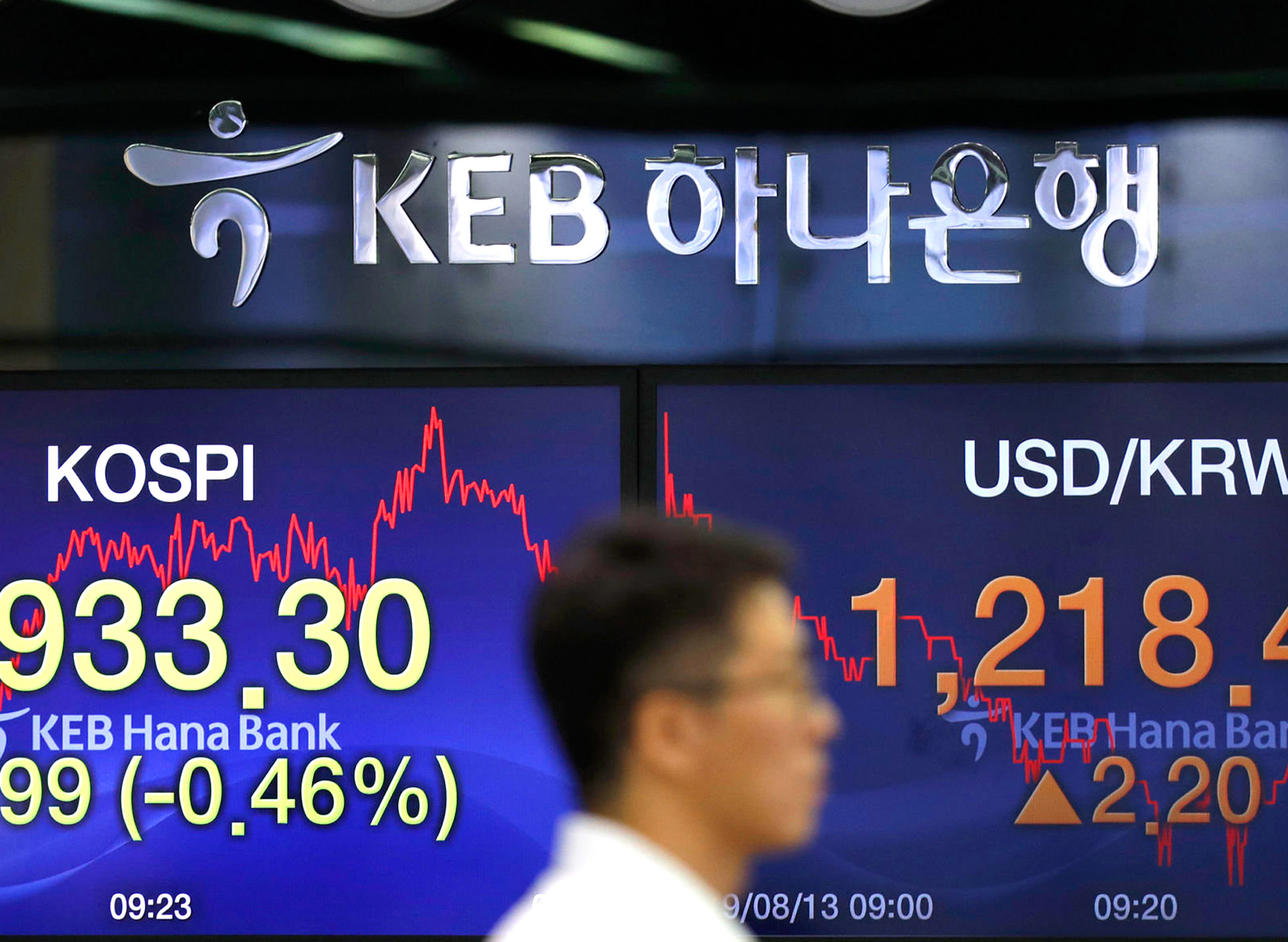




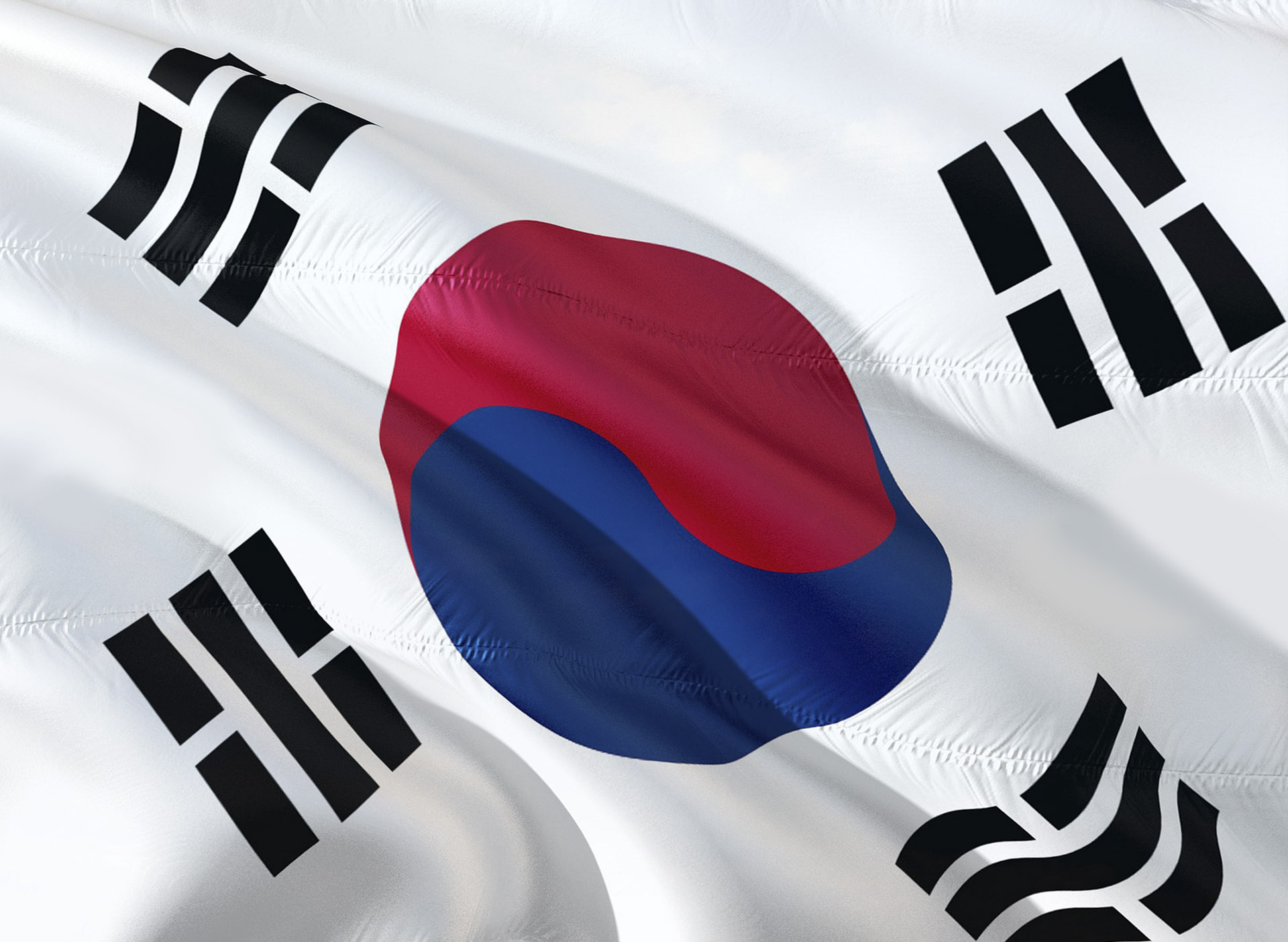


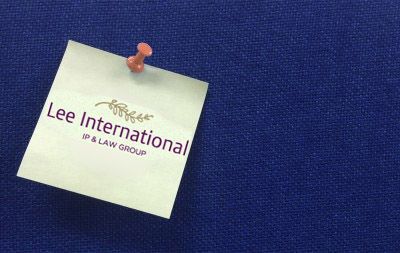
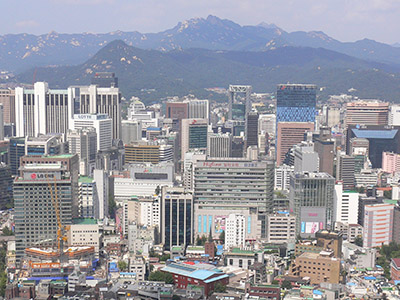












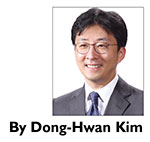


















 Nicholas H. Park
Nicholas H. Park




